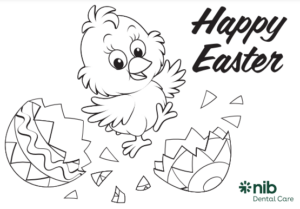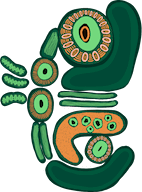Dental anxiety is common and can often prevent someone from going to the dentist. As a result, people may miss dental check-ups, leading to an increased need for emergency care or complex treatments. It’s important to recognise that dental care is crucial for both oral and overall health. Regular check-ups can prevent many dental issues related to our lifestyles. It’s important to remember the benefits of dental care for our entire bodies, not just our mouths.
For most people, managing dental anxiety starts with an open and honest conversation with their dentist. Sometimes, a partnership approach involving your GP, dentist, and other health professionals may be necessary.
How can I manage my dental anxiety?
There are a range of options when it comes to managing dental anxiety, including medication to help with relaxation, nitrous oxide gas (happy gas), IV sedation and general anaesthesia. These can be given in addition to local anaesthetic.
Sleep dentistry
Sleep dentistry, also known as IV sedation, is a type of conscious sedation and is an excellent option for managing dental anxiety. There are a few types of sedation used in sleep dentistry including;
- Nitrous oxide mixed with oxygen; this gas is administered via a mask which covers the patient’s nose.
- Oral tablets; work by relaxing the muscles and slowing down the nervous system.
- IV sedation; is the deepest form of conscious sedation and involves receiving sedating medication through an IV drip. This allows your dentist to manage your dosage throughout treatment.
Sedation can be administered by your dentist, or an anaesthetist who comes to the dental clinic and can only be received at a dental practice which has the right equipment. Your dentist will let you know if their practice can offer IV sedation, or they may recommend an alternative clinic.
What are the effects of conscious sedation?
Having conscious sedation makes you feel calm and relaxed. You will still be breathing for yourself, but the combination of medications means you won’t have any memory of the procedure. Many people drift off to a light sleep, but they can still respond to verbal prompts.
General Anaesthetic
Under general anaesthetic (GA), you are fully asleep, so you’re not conscious or aware of the procedure being done. The use of a GA depends on your current dental health or other medical, physical or behavioural factors.
You and your dentist will work together on planning all aspects of your dental treatments. If you’re undergoing treatments under GA, your dentist may perform preliminary, separate treatments in preparation. After these preliminary treatments, we find that some patients tolerance for ‘in-chair’ procedures improves, and they no longer need to proceed with a GA as planned.
Common procedures under GA;
- Removal (extraction) of wisdom teeth
- removal of other teeth
- Dental implants
- bone grafts
- and a range of other more complex procedures
What is involved in general anaesthetic?
Because administering general anesthesia requires an extra level of care, hospitals with an anesthetist typically handle this procedure. Many private health insurance providers cover part of the cost of general anesthesia, so it’s useful to discuss this with your health fund.
Going to the dentist doesn’t always have to be nerve-racking. If you feel anxious about dental visits, you can schedule a non-invasive check-up. During this appointment, your dentist or oral health professional will conduct a visual examination of your mouth and discuss any concerns before jumping into treatment options.
Book an appointment and speak with your dentist about your options when it comes to maintaining your oral health and managing dental anxiety. They will be able to determine the best option when it comes to IV sedation and treatments under general anaesthetic.
Dental anxiety and phobia – Better Health Channel
Oral health and dental care in Australia, Dental procedures requiring general anaesthetic – Australian Institute of Health and Welfare (aihw.gov.au)

